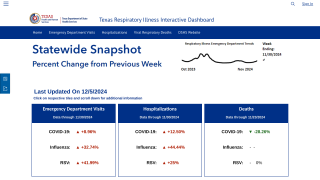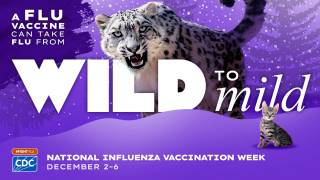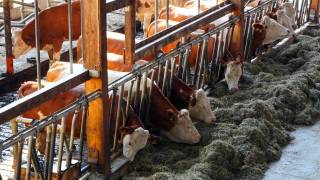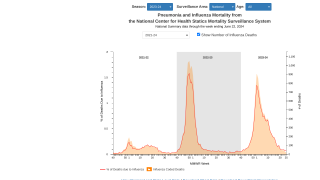Swine Flu in the USA
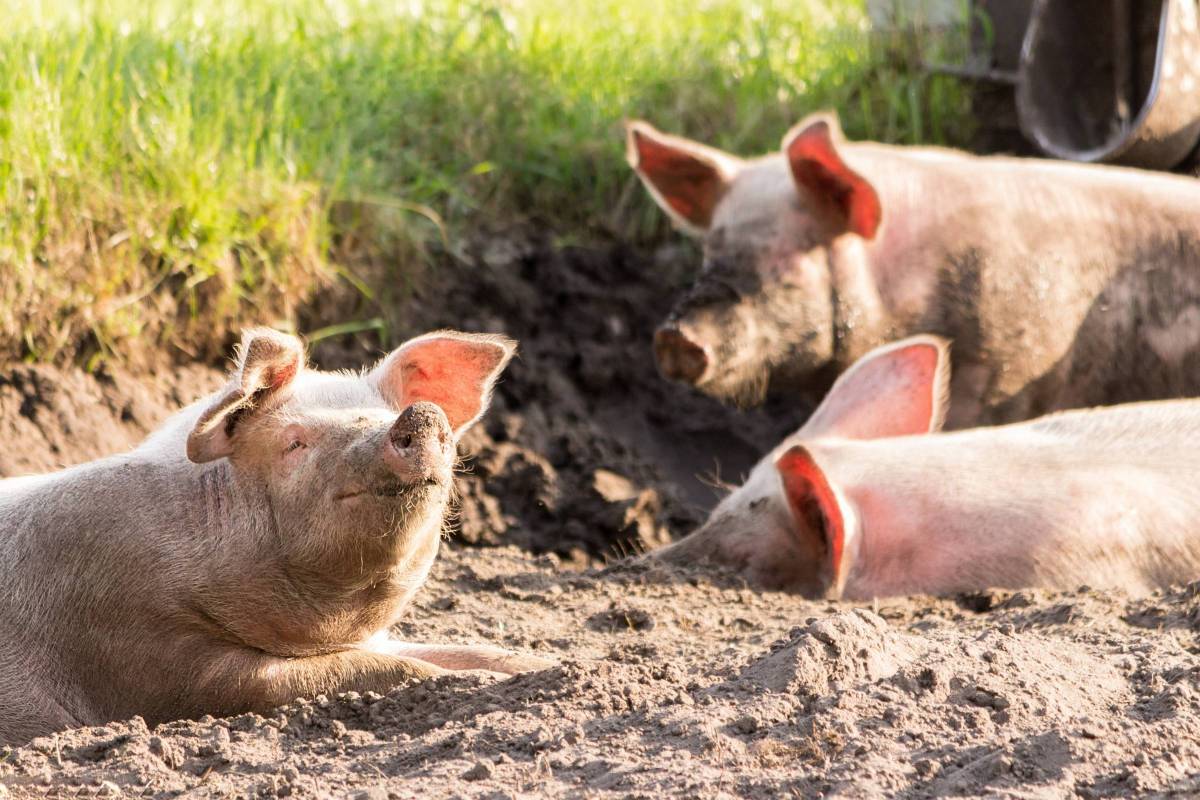
The U.S. Centers for Disease Control and Prevention (CDC) confirmed on November 5, 2021, three human infections with novel influenza A viruses occurred during the 2020-21 influenza season.
However, no human-to-human transmission was associated with these 'swine flu' patients.
The CDC confirmed one human infection with novel influenza A(H1N2) variant (A(H1N2)v) in Indiana.
And two human infections with influenza A(H1N1)v were reported by Iowa.
All three patients were adults ≥ 18 years of age, were not hospitalized, and recovered from their illness.
Furthermore, these patients had attended an agricultural event where swine were present and/or visited a farm where swine were present.
During the 2020-21 influenza season, 14 human infections with novel influenza A viruses were reported in the United States, including two H3N2v (I.A., WI), four H1N2v (I.A., IN, OH (2)), and eight H1N1v (IA (3), N.C., ND, WI (3)) virus infections.
So far in the 2021-22 influenza season, one human infection with a novel influenza A virus (H3N2v) has been reported in Ohio.
When an influenza virus that normally circulates in swine (but not people) is detected in a person, it is called a "variant influenza virus."
Most human infections with variant influenza viruses occur following proximity to swine, but human-to-human transmission can occur.
It is important to note that in most cases, variant influenza viruses have not shown the ability to spread efficiently and sustainably from person to person.
Additional information on influenza in swine, variant influenza virus infection in humans, and strategies to interact safely with swine can be found at www.cdc.gov/flu/swineflu. Further details regarding human infections with novel influenza A viruses can be found at http://gis.cdc.gov/grasp/fluview/Novel_Influenza.html.
If needed, the U.S. FDA approved one vaccine against the 2009 H1N1 influenza virus for persons ten years of age and older. The successful 2009 vaccine rollout helped to end the H1N1 influenza pandemic in 2010.
A study published in 2017 found that adjuvanted and unadjuvanted monovalent influenza A(H1N1)pdm09 vaccines were effective in preventing this type of influenza. Overall, the vaccines were also effective against influenza-related hospitalization.
For both outcomes, adjuvanted vaccines were more effective in children than in adults.
For current, updated information on seasonal flu, including information about H1N1, see the CDC Seasonal Flu website.
Zoonotic swine flu and bird flu news is listed on this PrecisionVaccinations webpage.
Our Trust Standards: Medical Advisory Committee

